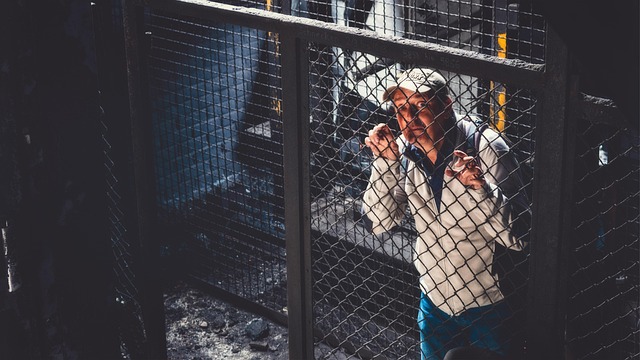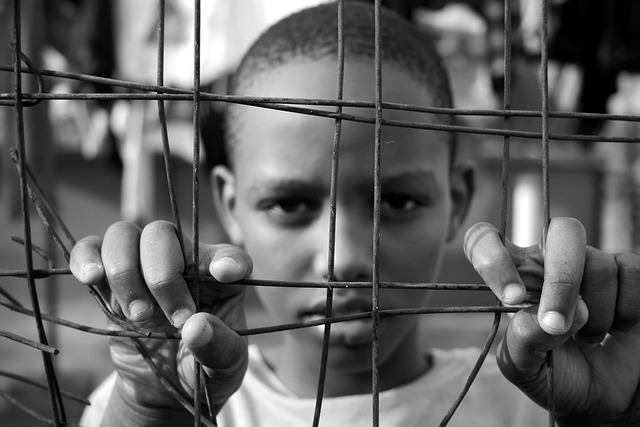In today's globalized world, addressing youth justice, especially for international students facing DUI charges, demands a comprehensive, international perspective. Cultural norms and legal traditions vary across nations, impacting fair treatment of juvenile offenses. Defense advocates must bridge diverse systems and understand cultural influences to ensure equitable justice. This involves multilingual resources, cultural competency training, and early intervention with academic institutions for International Student DUI Defense.
Youth Justice Fair Treatment explores the global challenges faced by international students accused of DUI offenses. In an era of increasing mobility, understanding the unique circumstances of these youth is crucial. This article delves into a comprehensive analysis, providing a global perspective on International Student DUI Defense. From navigating cultural differences to implementing equitable justice strategies, we examine challenges and opportunities in ensuring fair treatment for young people across borders.
- Understanding Youth Justice and Fair Treatment: A Global Perspective on International Student DUI Defense
- Strategies for Ensuring Equitable Justice: Challenges and Opportunities in Representing International Students Accused of DUI Offenses
Understanding Youth Justice and Fair Treatment: A Global Perspective on International Student DUI Defense

In today’s globalized world, understanding youth justice and fair treatment requires a comprehensive international perspective, especially in the context of International Student DUI Defense. The concept of fairness in juvenile justice systems varies across countries, reflecting diverse cultural norms and legal traditions. What is considered just in one nation might differ significantly from another, particularly when dealing with offenses like driving under the influence (DUI). For international students facing DUI charges, navigating these complexities can be challenging, requiring a deep understanding of both local laws and cultural nuances.
Fair treatment for youth accused of DUI involves not only ensuring their legal rights are protected but also addressing any underlying social or economic factors that may contribute to such behaviors. International student defense advocates must consider the unique circumstances that might influence a young person’s decision-making, such as cultural differences in alcohol consumption norms or the stress of adapting to a new educational environment. By adopting a global perspective, legal professionals can better advocate for their clients, ensuring they receive fair and equitable treatment within the boundaries of international student DUI defense guidelines.
Strategies for Ensuring Equitable Justice: Challenges and Opportunities in Representing International Students Accused of DUI Offenses

Representing international students accused of DUI offenses presents a unique set of challenges in ensuring fair justice. One key strategy is cultural competency training for legal professionals, which helps bridge the gap between diverse legal systems and enhances understanding of cultural nuances that may influence decision-making processes. By fostering empathy and knowledge about different legal traditions, attorneys can provide more nuanced defenses tailored to each student’s background.
Additionally, establishing multilingual resources and interpreting services is vital. Effective communication ensures international students fully comprehend their rights and the judicial process, enabling them to participate actively in their defense. Collaboration with academic institutions and cultural organizations also offers opportunities for early intervention and support systems, addressing potential barriers and promoting a more equitable justice approach for this vulnerable population.
In conclusion, addressing the issue of International Student DUI Defense requires a nuanced approach that considers both global perspectives on youth justice and the unique challenges faced by international students. As we’ve explored, ensuring fair treatment involves navigating complex legal systems while advocating for equitable outcomes. By implementing effective strategies and fostering collaborative efforts between educational institutions and legal professionals, we can create a more just and supportive environment for all students, regardless of their nationality or background.






